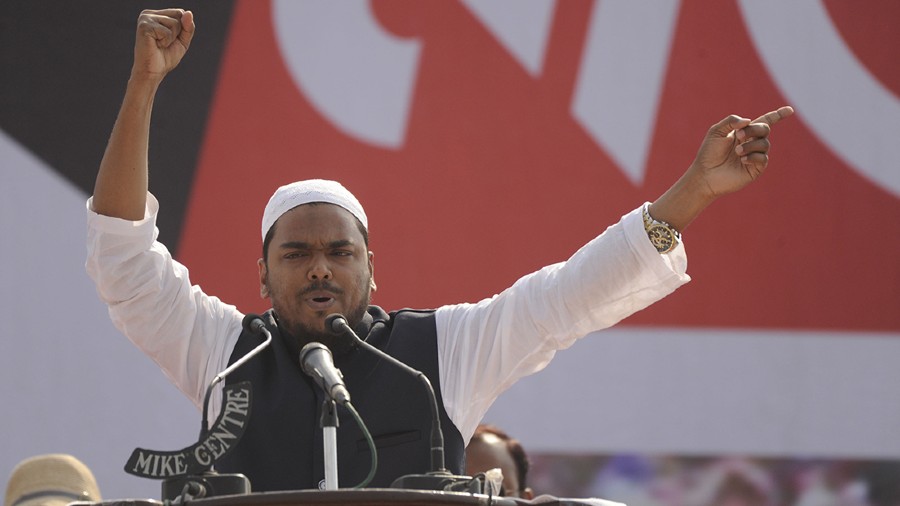In entering a pre-poll alliance with Abbas Siddiqui, the cleric of Furfura Sharif, the Communist Party of India (Marxist) believes it has done what every political party is supposed to do in electoral politics — give itself the best chance of winning votes. However, in being opportunistic — here’s the rub — the party has lost the moral and ideological high ground that it claims to occupy.
A decade after losing power, the once invincible CPI(M) has been reduced to an also-ran in Bengal. Its vote share plummeted from 30.08 per cent in 2011 to 19.74 per cent in 2016 to 6.34 per cent in the 2019 Lok Sabha polls. The party seems to have decided to put ends over means to stay relevant politically. And that is where Siddiqui comes into the picture. Behind the magnanimity of leaving 40 or more seats to the Indian Secular Front lies the mathematics that even if Siddiqui can fetch 10 to 15 seats in Muslim-dominated pockets of rural south Bengal, it will make the alliance a decisive factor in the case of a hung assembly. This, one may argue, is the rise of the New Left, to which the communalization of politics is no longer an anathema. An alliance with a Muslim cleric may not be harmonious with the essence of a communist party but for the Left, existence precedes essence. If religious sentiments can fetch votes, it is now ready to let people be intoxicated with that opium. It has done this in the past but not with the brazenness of a pre-poll alliance and a joint Brigade rally with a pirzada.
Viewing the rise of the Bharatiya Janata Party in Bengal and Tripura as a premonition, the Kerala CPI(M), too, decided to go for soft Hindutva. In 2019, the Kerala state committee had urged its workers to involve themselves in religious activities and the management of temples. After the debacle in the Lok Sabha elections, it even decided not to press for the rights of women to enter the Sabarimala temple. The CPI(M)’s acting state-secretary, A. Vijayaraghavan, has been criticized by civil society members for making Islamophobic and xenophobic comments. Even in Bengal, as long as it was in power, the Left endorsed the ‘Hindu common sense’ propagated by the Rashtriya Swayamsevak Sangh while succumbing to pressure from Islamic fundamentalists on issues such as the granting of political asylum to Taslima Nasreen.
The Left’s campaign for the Bengal election is focused more on uprooting the Trinamul Congress than stopping the BJP. The CPI(M) has clearly differed from Dipankar Bhattacharya’s theory of BJP being the greater adversary. It has even rejected the ‘No Vote to BJP’ campaign as it believes that the campaign will sway voters towards the TMC. Intoxicated with the dream of settling scores with Mamata Banerjee for the electoral bashing of 2011, the CPI(M) has held the hands of Siddiqui who promises to eat into Banerjee’s Muslim vote bank, arguably her biggest strength. Little wonder then that Siddiqui repeated Sitaram Yechury’s view that in order to stop the BJP, one has to remove Banerjee first.
The CPI(M)’s ‘pragmatism’ will help the BJP by polarizing voters further and attracting the anti-TMC vote. At the Brigade rally on March 7, Narendra Modi and other BJP leaders touched upon these issues.
As long as the Left thinks that the BJP does not pose an immediate threat, it will pursue an opportunistic line. Fascism is the price one pays for the sin of opportunism.











